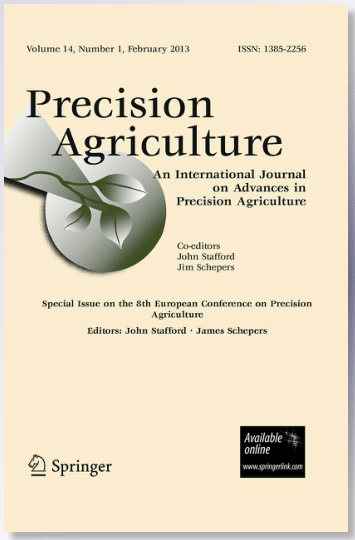Site-specific field management operations represent one of the fundamental principles of precision viticulture. The purpose of the research is to observe and analyse the evolution of a vineyard over three consecutive years to understand which factors most significantly influence the quality of the vineyard’s production.
The research involved technologically advanced tools for crop monitoring, such as remote and proximal sensors for vegetation surveys. In association, grape quality analyses were performed through laboratory analysis, constructing geostatistical interpolation maps and matrix correlation tables.
Both remote and proximal sensing instruments demonstrated their ability to effectively estimate the spatial distribution of vegetative and quality characteristics within the vineyard. Information obtained from GNDVI and CHM proved to be valuable and high-performance tools for assessing field variability. The differentiated plant management resulted in uniform production quality characteristics, a change evident through the monitoring techniques.
The research highlights the effectiveness of using advanced technological instruments for crop monitoring and their importance in achieving uniformity in production quality characteristics through differentiated plant management. From the results obtained, it was possible to observe how differentiated plant management led to a uniformity of production quality characteristics and how the monitoring techniques can observe their evolution. This result represents a positive accomplishment in field management during the three monitoring years, responding to the principles and objectives of precision agriculture.



